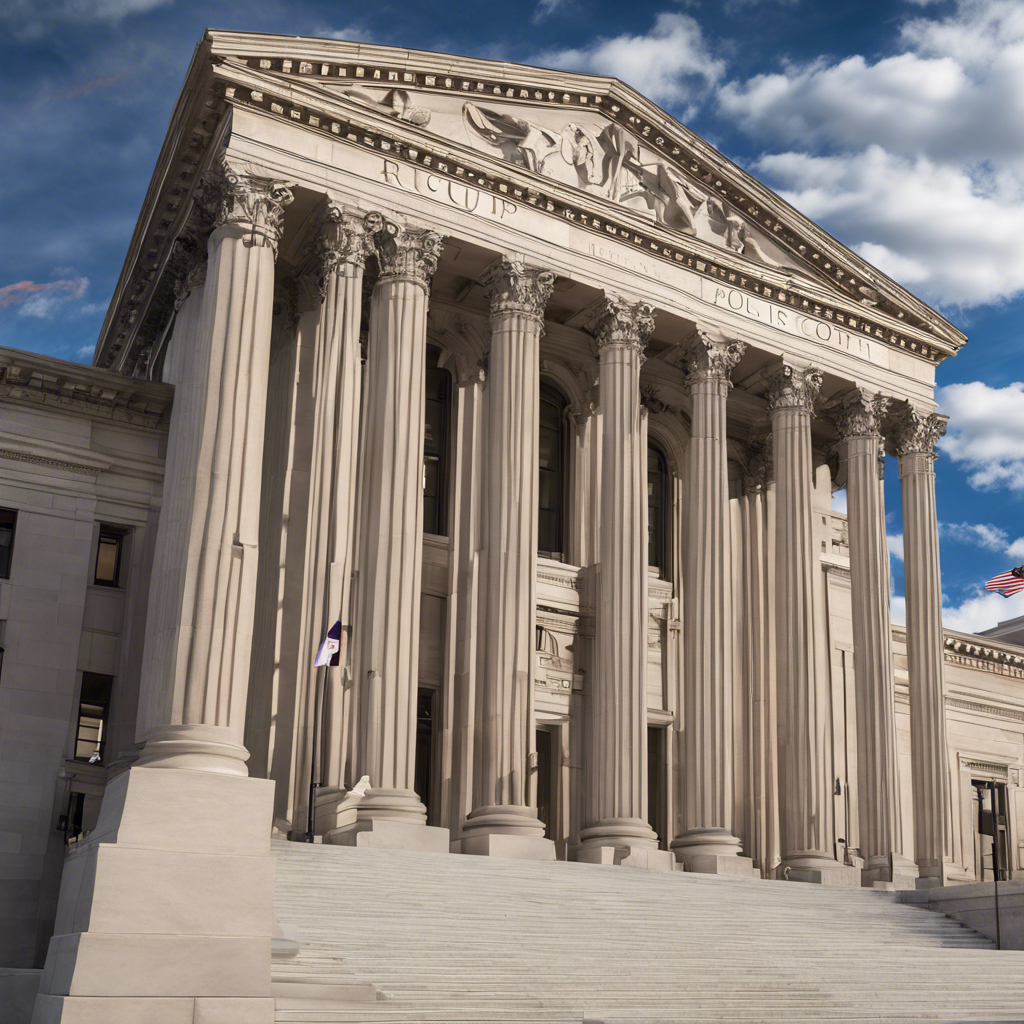Colorado Supreme Court Removes Trump from 2024 Ballot, Citing “Insurrectionist Ban”

Historic ruling sets the stage for a contentious 2024 presidential campaign
In a groundbreaking decision, the Colorado Supreme Court has removed former President Donald Trump from the state’s 2024 ballot, citing the 14th Amendment’s “insurrectionist ban.” The court ruled that Trump’s actions leading up to and during the January 6th Capitol attack constituted “overt, voluntary, and direct participation in the insurrection.” While the ruling only applies to Colorado, it has significant implications for the upcoming presidential campaign and raises questions about the interpretation of the 14th Amendment. Trump’s campaign has vowed to appeal the decision to the US Supreme Court.
The Court’s Ruling and Implications for the 2024 Presidential Campaign
The Colorado Supreme Court’s 4-3 ruling will be put on hold until January 4th, pending Trump’s appeal to the US Supreme Court. The decision has sent shockwaves through the political landscape, as it could potentially prevent Trump from running for president again. Colorado election officials have stated that the matter needs to be resolved by January 5th, which is the deadline for setting the list of candidates for the GOP primary scheduled for March 5th.
The court’s majority opinion argued that Trump’s actions went beyond incitement and constituted direct participation in the insurrection. They emphasized that even as the siege on the Capitol was underway, Trump continued to support it by pressuring Vice President Mike Pence and calling senators to halt the counting of electoral votes. The court rejected Trump’s claims of free speech protection, stating that his speech on January 6th was not shielded by the First Amendment.
The court’s interpretation of the 14th Amendment’s “insurrectionist ban” raises questions about the application of this provision to the presidency. Ratified after the Civil War, the amendment states that officials who engage in insurrection are barred from holding future office. However, the amendment’s wording is vague and does not explicitly mention the presidency. This ruling marks only the third time since 1919 that the ban has been applied.
Trump’s Response and Allies’ Reactions
The Trump campaign swiftly announced its intention to appeal the Colorado Supreme Court’s decision. Campaign spokesperson Steven Cheung called the ruling “completely flawed” and promised to file an appeal to the US Supreme Court. Trump’s allies expressed shock and disappointment at the court’s decision, with some calling it a partisan attack on democracy.
House Speaker Mike Johnson criticized the ruling, stating that it was a “reckless” attempt to disqualify Trump from the Colorado ballot. He expressed confidence that the US Supreme Court would overturn the decision and allow the American people to decide the next President of the United States. GOP presidential candidate Vivek Ramaswamy labeled the ruling an “actual attack on democracy” and threatened to withdraw from the Colorado GOP primary unless Trump is allowed on the ballot.
Key Findings and Dissenting Opinion
The Colorado Supreme Court’s ruling included several key findings. They determined that Colorado state law allows voters to challenge a candidate’s eligibility under the “insurrectionist ban” and that the ban applies to the presidency. The court also concluded that the January 6th attack on the US Capitol was an insurrection and that Trump engaged in the insurrection through his actions and speech.
However, Chief Justice Brian Boatright, one of the three dissenting justices, argued that Colorado election law was not intended to decide whether a candidate engaged in insurrection. He believed that without a conviction related to insurrection, a request to disqualify a candidate under the 14th Amendment is not a proper cause of action under Colorado’s election code.
Conclusion: The Colorado Supreme Court’s decision to remove Trump from the state’s 2024 ballot has set the stage for a contentious presidential campaign. While the ruling only applies to Colorado, it raises significant questions about the interpretation of the 14th Amendment and its application to the presidency. Trump’s appeal to the US Supreme Court will determine whether he can run for president again, making this a case with far-reaching implications for the future of American democracy.

